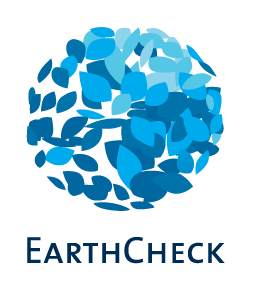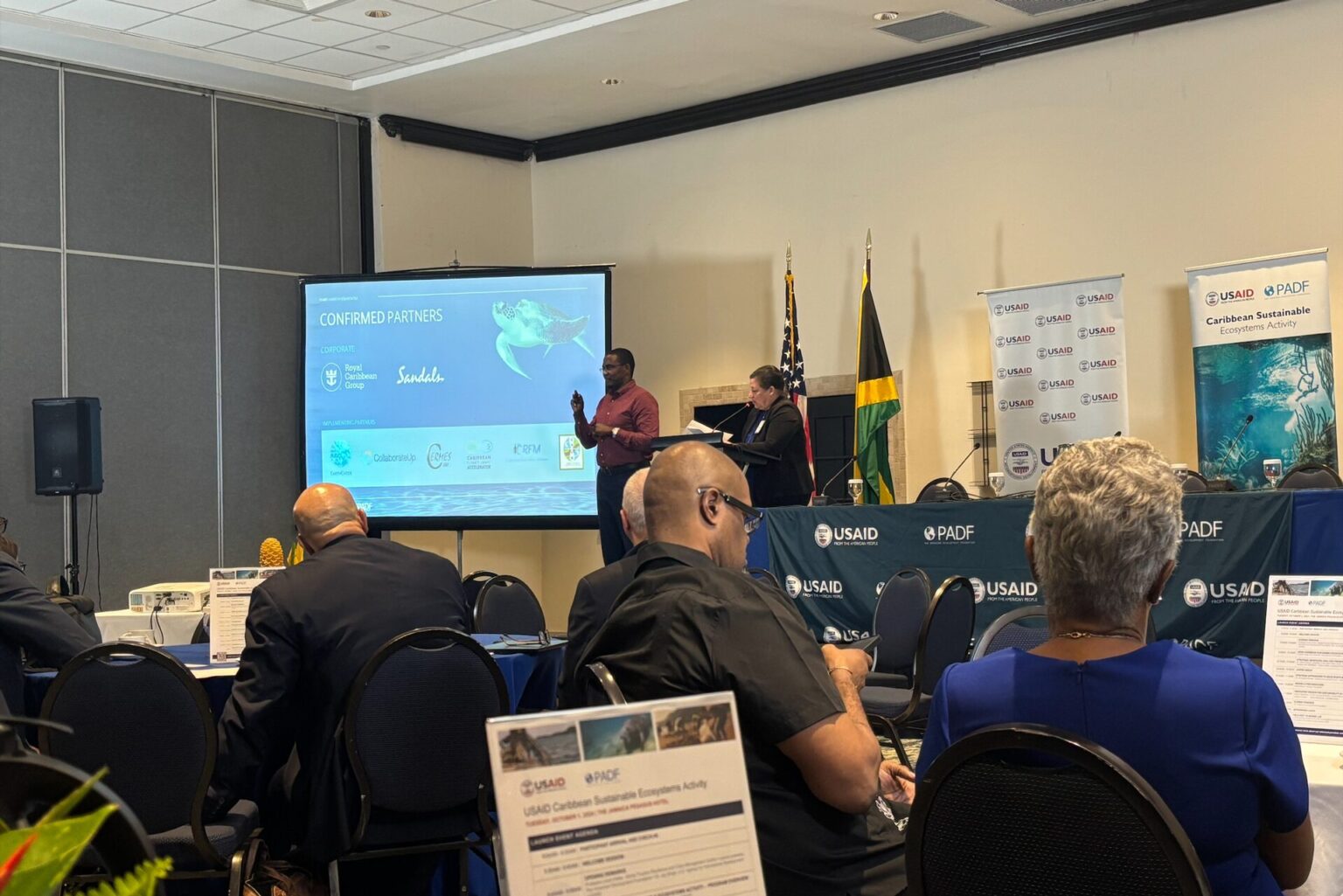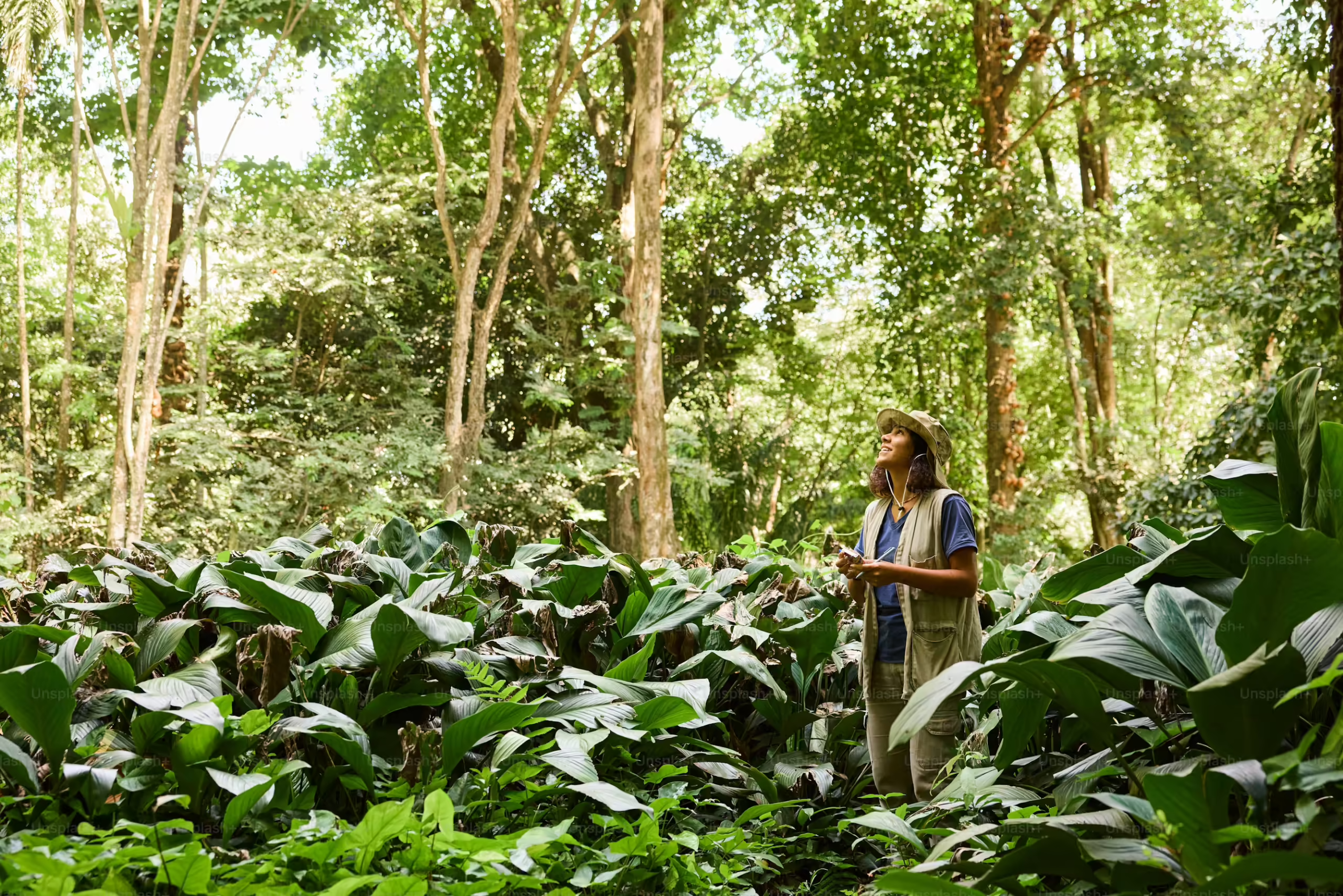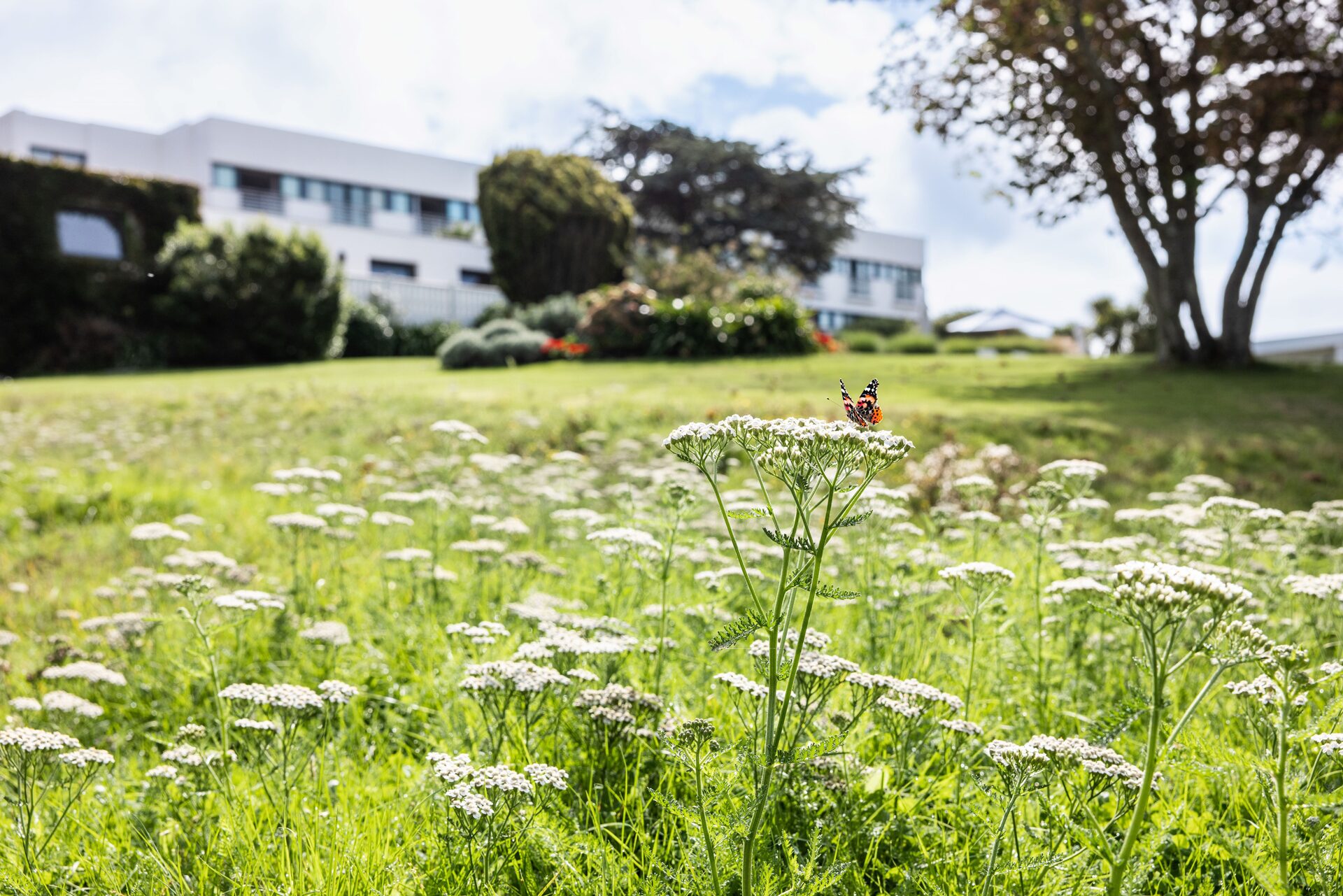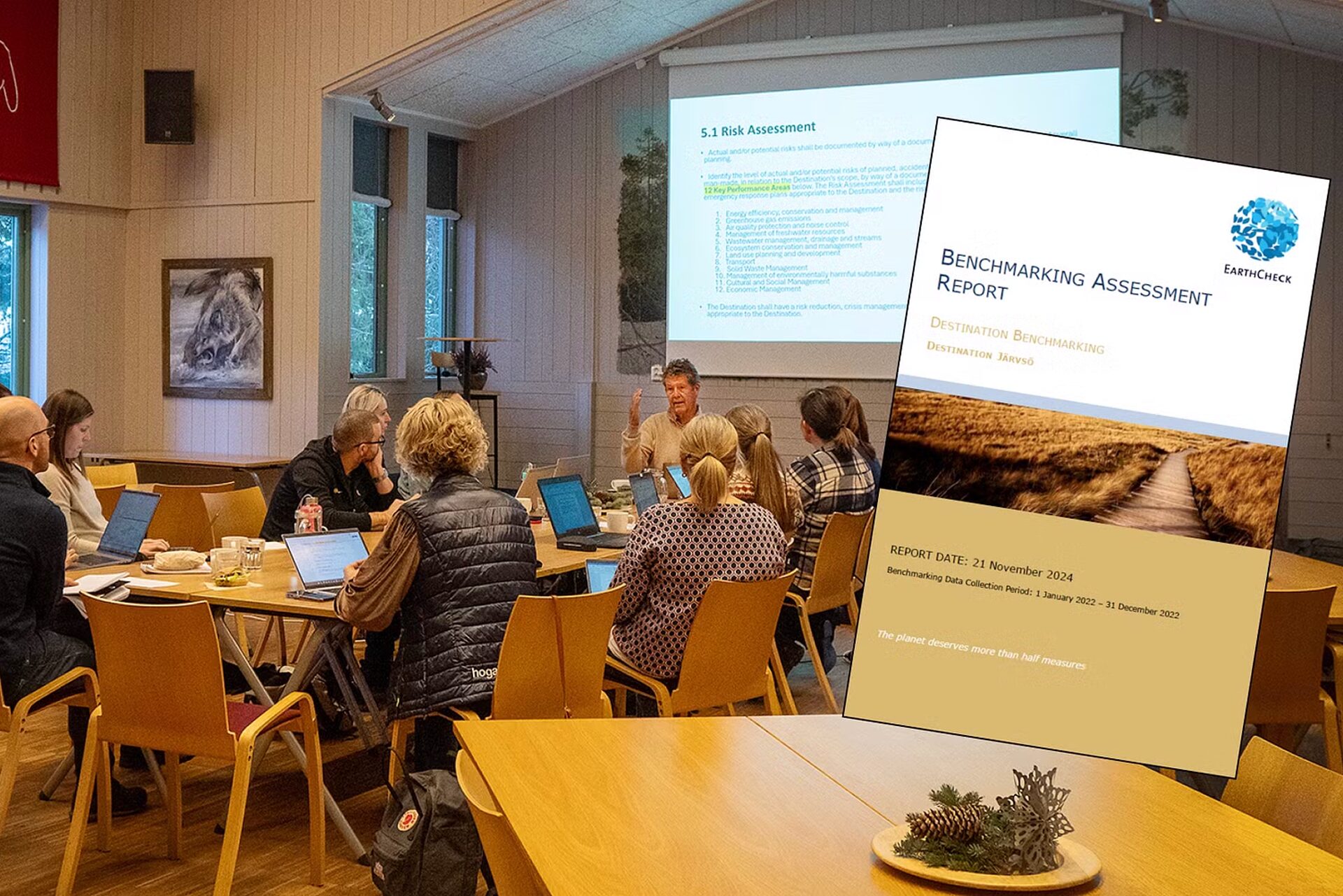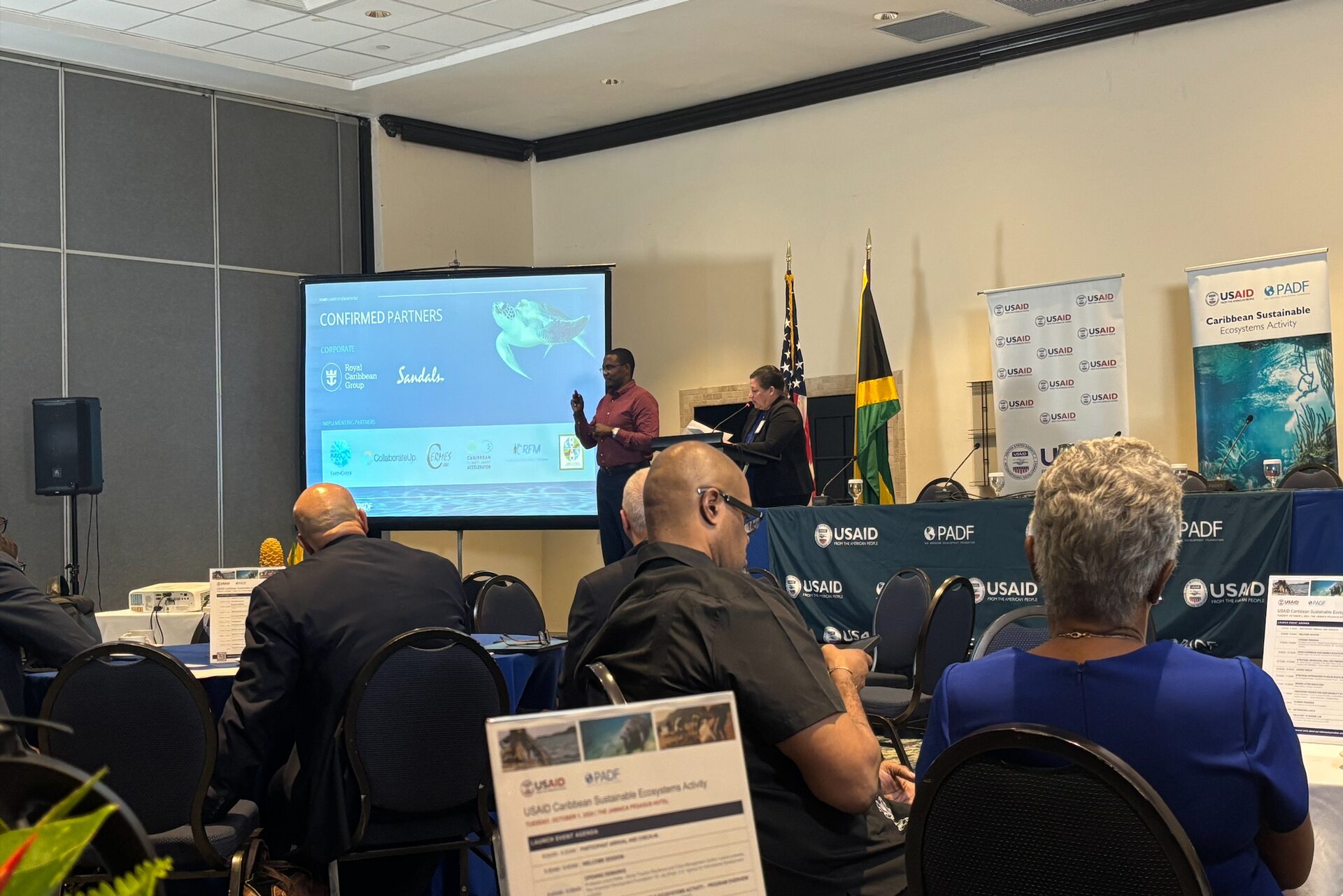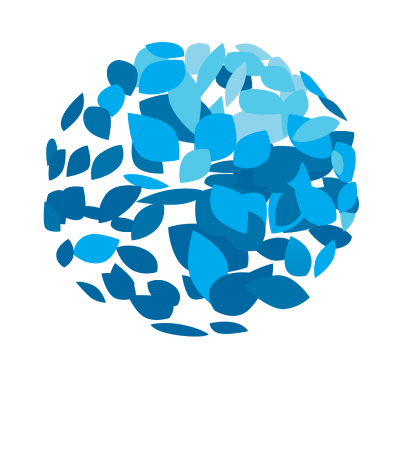The Caribbean’s marine and coastal ecosystems are vital to the region’s economy – particularly its tourism sector, which contributed over USD$39 billion to the region’s GDP in 2021. However, these ecosystems face serious threats from human activity, including pollution, poor waste management and unsustainable fishing practices.
The degradation of marine environments endangers local livelihoods and tourism infrastructure, which are deeply reliant on the health and beauty of the region’s natural resources.
To address these challenges, USAID – the world’s premier international development agency – has funded the USAID Caribbean Sustainable Ecosystems Activity, a five-year regional initiative to be led by the Pan American Development Foundation (PADF), designed to reduce the threats to marine biodiversity in priority areas.
The program will focus on improving the management of marine protected areas, enhancing solid waste management and promoting sustainable fishing practices across 13 Caribbean countries, including Antigua and Barbuda, Barbados, Dominica, Dominican Republic, Grenada, Guyana, Haiti, Jamaica, Saint Lucia, Saint Vincent and the Grenadines, Suriname, and Saint Kitts and Nevis, and Trinidad and Tobago.
Local communities and the private sector will collaborate on ‘blue economy’ projects, including the creation of protection zones for marine life and investments in improved waste management systems.
“Local leadership is critical for increasing the equity, effectiveness and sustainability of development programs,” says USAID/Jamaica Country Representative Dr Jaidev Singh. “We aim to bring the voices and expertise of local communities, including representatives from marginalised and underrepresented groups, front and centre through community-driven planning and locally-led blue economy initiatives.”
Sustaining our seas
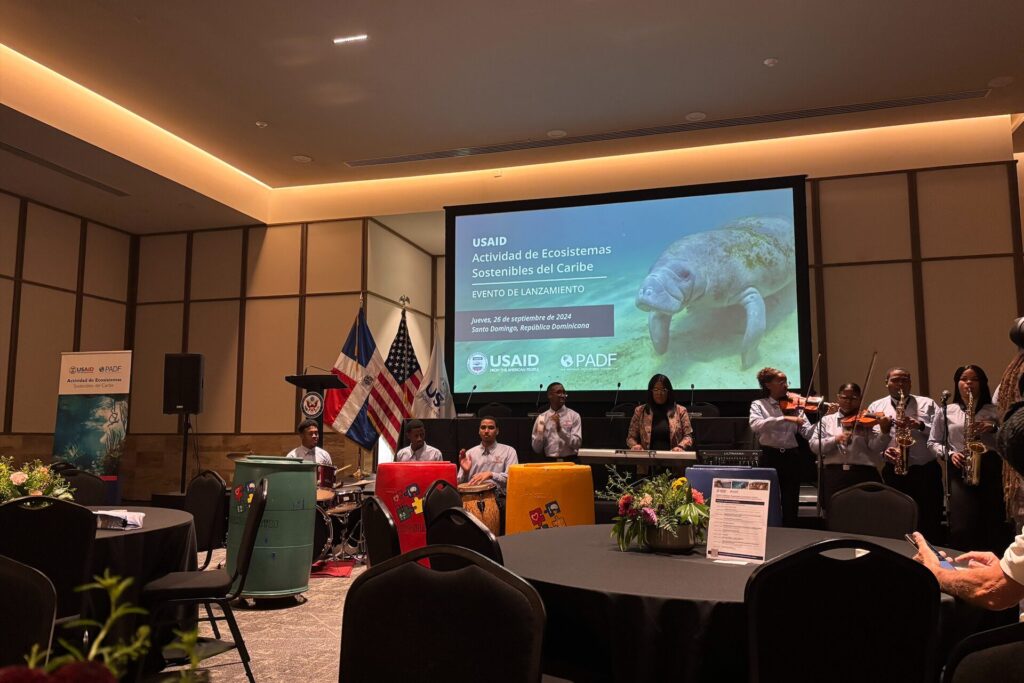
The program will be implemented on the ground by the Pan American Development Foundation (PADF), which partners with governments, civil society and the private sector to create a stronger, more sustainable future for the region.
EarthCheck, a globally trusted advisor in sustainable tourism development, will partner with PADF to deliver the program alongside a suite of regional fishery and marine park experts, including the Caribbean Climate-Smart Accelerator; Caribbean Regional Fisheries Mechanism; Caribbean Network of Fisherfolk Organisations; CollaborateUp; Cross Boundary Advisory and The University of the West Indies Center for Resource Management and Environmental Studies.
EarthCheck will focus on building capacity and sustainability expertise in the region, starting with a comprehensive skills audit to identify current competencies and knowledge gaps.
“By conducting this skills audit, we can determine exactly where we need to build capacity and provide targeted education for local communities,” says Dr Natasha Montesalvo, EarthCheck’s Principal Consultant for Destinations, Strategy & Insights.
To address the gaps the audit identifies, EarthCheck will develop a comprehensive training program aimed at both businesses and communities. The initiative will include activities such as training sessions, videos, quizzes and handbooks to help local organisations and community leaders embed sustainability practices within their operations.
“We are committed to equipping businesses and communities with the tools they need to embed sustainability in everything they do,” Dr Montesalvo says. “Our goal is to arm people with the knowledge and skills necessary to foster long-term environmental stewardship and protect the marine biodiversity that is so critical to the Caribbean’s future.”
In addition to training programs for adults, EarthCheck will design and develop a non-formal education program aimed at engaging children in sustainability and waste management practices.
“By setting our sights on the next generation,” Dr Montesalvo says, “we hope to create a lasting culture of environmental responsibility across the Caribbean.”
The USAID-funded, PADF-led Caribbean Sustainable Ecosystems Activity will run until January 2029. Throughout the program, EarthCheck will continue to provide its expertise and build local capacity, empowering communities to safeguard their natural resources and ensure the long-term health of the Caribbean’s ecosystems for future generations.
